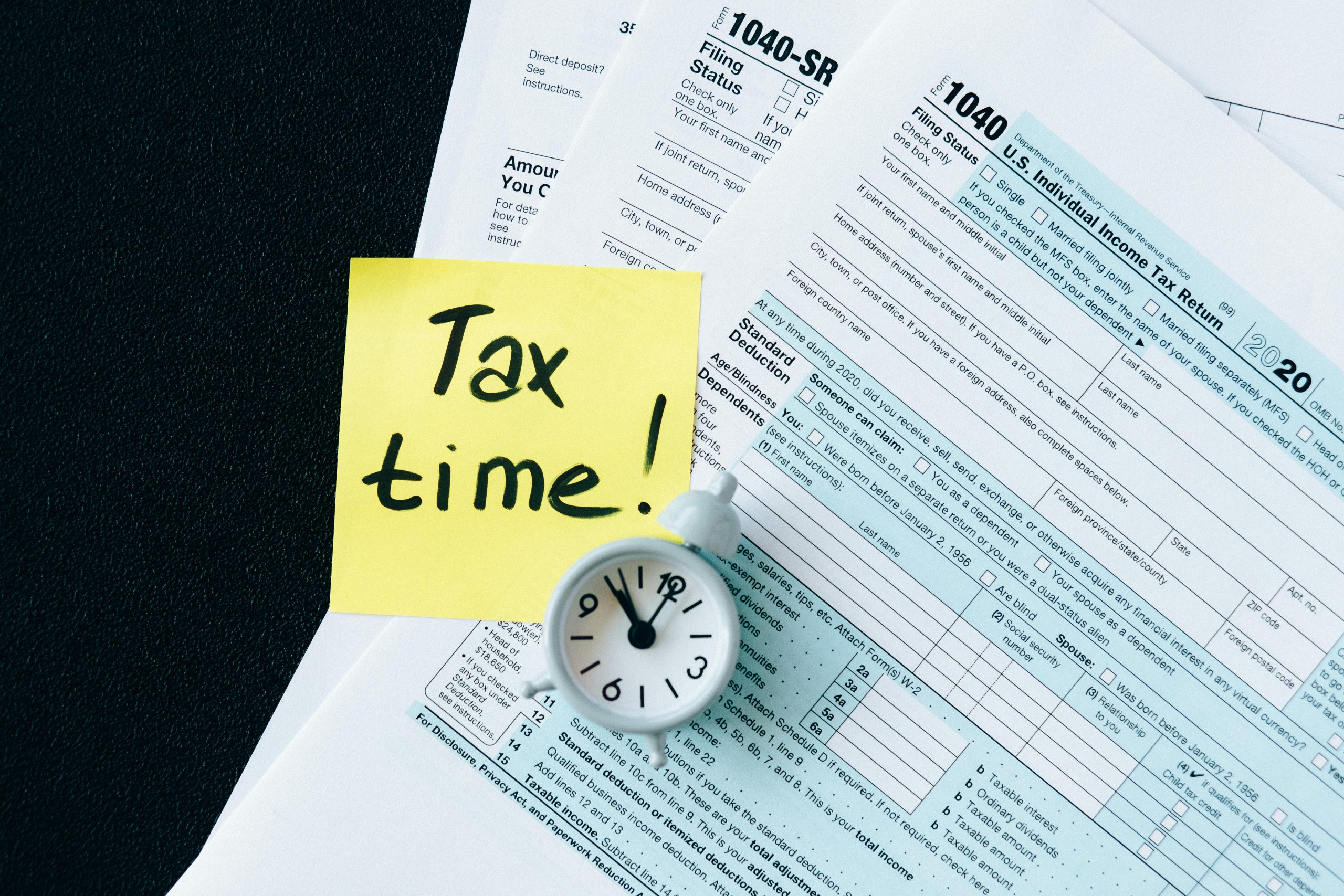Property owners, developers, and investors have expressed concerns over the UAE’s implementation of a corporate tax on real estate. Comprehending the effects of the recently implemented Corporate Tax code in the UAE on real estate is crucial for both financial planning and compliance. The following article explains who is responsible for paying the Corporate Tax on Real Estate in UAE, how much they owe, and how it varies from other taxes, such as the property tax UAE that investors may be familiar with.
Corporate Tax in the UAE
Implemented from June 1, 2023, the UAE imposed a Federal Corporate Tax on all companies with taxable income over AED 375,000. At 9%, the basic Corporate Tax Rate is among the lowest in the world. However, not all businesses and revenues are subject to the same taxes, particularly in the real estate industry.
*Depending on the kind of organization, the source of revenue, and the ownership structure, Corporate Tax on Real Estate may be applicable under certain circumstances even if the UAE does not have a personal income tax or a standard property tax.
Readmore: UAE Tax Free Zones
Corporate Tax on Real Estate
In the UAE, Corporate Tax on Real Estate refers to how enterprises and other legal entities apply Federal Corporate Tax to revenue earned from real estate operations. It alters the rules for companies in the real estate industry, but it does not imply a new property tax for citizens of the UAE.
Who Is Impacted:
The following categories may be liable for Corporate Tax on Real Estate:
- Property Developers
- Architecture Industries
- Real Estate Companies
- Commercial Property investment businesses, Architecture Industries
- Free Zone Corporations
Corporate Tax on Real Estate in UAE: Who Pays It?
1: People
If individuals do not possess property for their private usage, such as leasing/renting flats and apartments, they are not subject to Corporate Tax On Real Estate.
However, an individual may be regarded as running a business and be liable to Corporate Tax if they are commercially involved in real estate, such as building numerous apartments for sale or functioning as a real estate agency.
Key Factor: According to UAE regulations for individuals, Corporate Tax is only imposed on those who make more than AED 1 million annually from business operations.
2: Mainland Organizations
The money that a mainland business makes by purchasing, selling, leasing, or developing real estate is liable to Corporate Tax.
Example: a developer of residential real estate will have to pay a 9% Corporation Tax on any income over AED 375,000.
3: Freezone Businesses:
Companies operating in free zones that satisfy the requirements, such as generating only qualifying income, are eligible for a Corporation Tax Rate of 0%. However, a part of the revenue is subject to 9% taxation if these firms are involved in real estate transactions in the UAE mainland.
Example: A free zone business that owns and rents out real estate on the mainland portion of Dubai’s Downtown will be subject to taxes on that revenue.
Corporate Tax on Real Estate: How Much Is It?
The Corporate Tax on Real Estate is based on the following rates:
0% on the initial taxable income of AED 375,000
9% on the profits exceeding the range of AED 375,000
Taxed Income comprises the following:
- Rental Revenue (Mainland Organization)
- Revenue from Real Estate Sales
- Allowances from Real Estate Intermediaries
Not Included
- Personal revenue from privately held real estate
- Profits from the sale of personal real estate assets (non-business)
Particular Emphasis: Freezone and Real Estate
UAE’s real estate market, free zones are considered essential. According to the Ministry of Finance, revenue from real estate is not regarded as “Qualifying Income” unless it originates from the same free zone.
Therefore, the 0% tax rate may be advantageous to a free zone business leasing real estate within the free zone. However, the 9% Corporation Tax is applied to the revenue from the sale of mainland real estate.
Property Tax in UAE: Does it Differ
Corporate Tax and Property Tax are highly different in the UAE. Similar to many other nations, the UAE does not charge an annual property tax. Although transaction-based taxes do exist, such as:
Abu Dhabi: 2% Transfer Charge
Dubai: 4% Transfer Charge (paid when purchasing or selling real estate)
Registration Expenses: Usually varies based on the Emirates
*The above-mentioned fees are one-time and have nothing to do with the UAE’s new Corporate Tax On Real Estate. Regardless of whether an individual or business is liable for corporate tax, they are still liable.
Real Estate Tax UAE Vs Corporate Tax:
Although property tax UAE and real estate tax UAE are sometimes used interchangeably, the UAE does not really apply an ordinary real estate tax. Rather:
- Real estate taxes are not paid annually by individuals.
- Organizations may be required to pay corporate tax on profits generated from real estate sales
- Transfer and registration costs are paid by all purchasers.
Despite the new corporate tax regime, this structure keeps the UAE appealing to real estate investors, especially foreign individuals.
Setting Up for Compliance
All businesses involved in real estate must abide by the following:
- Register with the UAE Federal Tax Authority (FTA) for corporate tax.
- Keep precise financial records.
- Determine which sources of income are exempt and which are taxed.
- Individuals must consult with a tax advisor for deep analysis and understanding of transfer pricing and free-zone qualification review.
Conclusion
Individual real estate investors are mainly unaltered by the Corporate Tax on Real Estate in the UAE, which is a targeted policy that impacts economic activities and legal organizations. Companies that make money from real estate deals in the UAE now have to think about their corporate tax responsibilities, especially if they operate in both the mainland and free zones.
With no yearly property tax, no personal income tax, and favourable company tax rates, the UAE is still a tax-efficient place to invest in real estate despite this change. Leveraging the UAE real estate market while avoiding fines requires staying educated and in compliance.
How SimplySolved Helps:
With different regulations for free zones, mainland companies, and private investors, navigating the specifics of corporate tax on real estate in the UAE may be difficult. SimplySolved helps with that.
Accounting, compliance, and tax advising services catered to UAE rules are the areas of expertise for SimplySolved. Whether the company is an investment firm or a real estate developer, the business ensures clients stay in compliance while maximizing their tax situation. SimplySolved provides end-to-end solutions with a thorough grasp of UAE property tax laws and practical expertise in a variety of sectors, allowing firms to concentrate on expanding real estate transactions while SimplySolved manages the tax complexity.



